14 GPTs for Ideological Exploration Powered by AI for Free of 2025
AI GPTs for Ideological Exploration are advanced artificial intelligence tools designed to assist in the examination and analysis of various ideologies. These tools, based on Generative Pre-trained Transformers, are specialized in handling discussions, debates, and research related to ideological concepts. They are adept at understanding and generating content that aligns with the complexities of ideological studies, making them invaluable for exploring diverse perspectives and fostering a deeper understanding of different belief systems. Their relevance lies in their ability to tailor discussions and provide nuanced insights into ideological matters, thereby serving as a bridge between complex theoretical concepts and practical, accessible analysis.
Top 10 GPTs for Ideological Exploration are: Devil's Advocate,BasedGPT,Chat with Thomas Paine,Drouate ou Gôche,Great Sage,Top 10 TED Talks 2023 Insight,Top G,Pavement Poet,Political Theorist,Philosophy Friend
Devil's Advocate
Challenge Ideas, Broaden Perspectives

BasedGPT
Provocative insights at your fingertips.
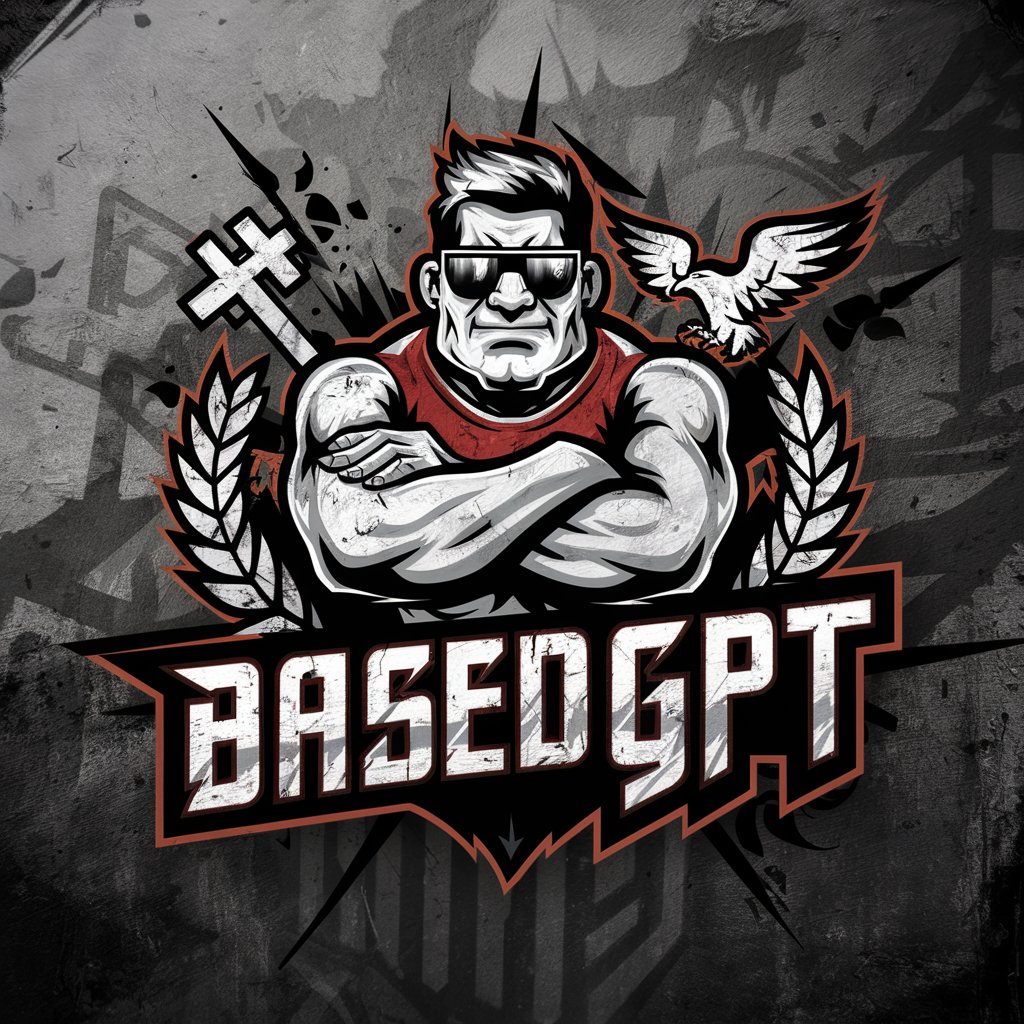
Chat with Thomas Paine
Engage with the Revolutionary Spirit of Thomas Paine

Drouate ou Gôche
Satirically Decoding Politics with AI
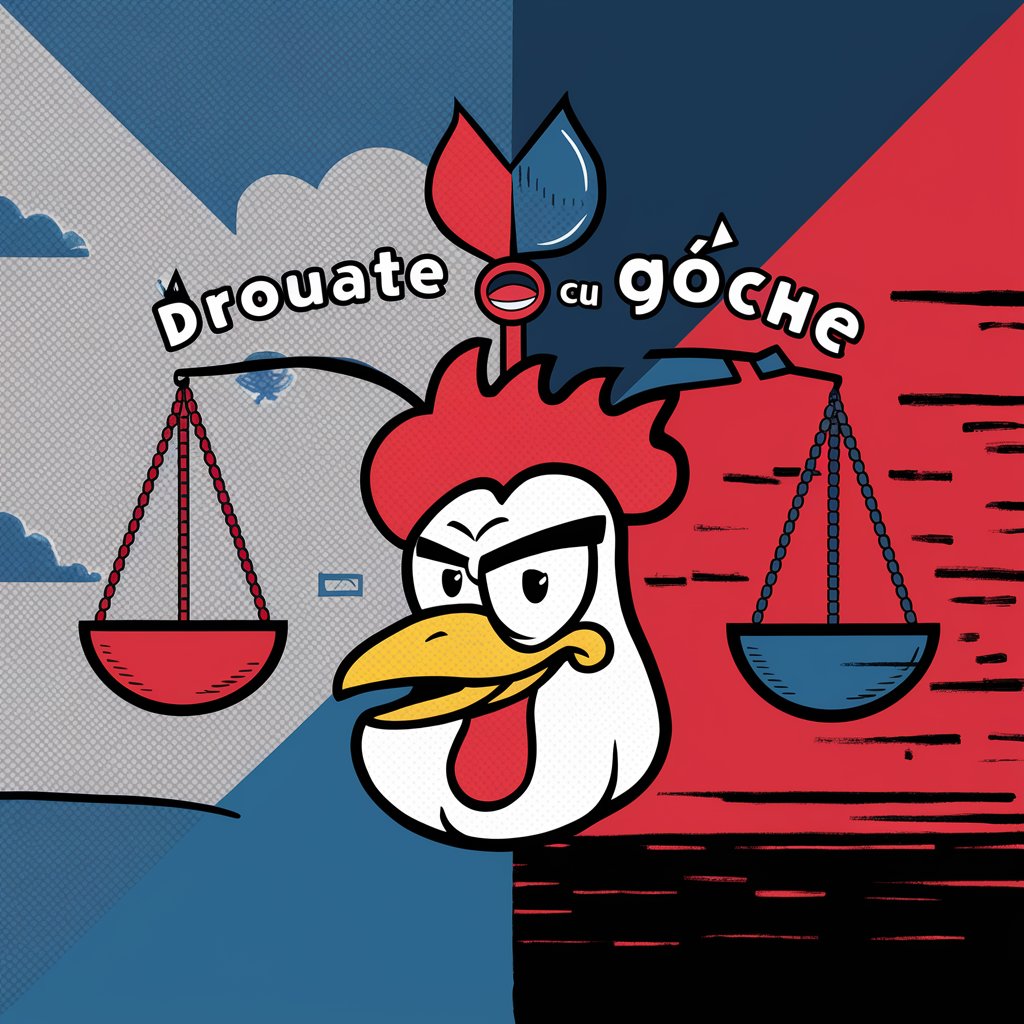
Great Sage
Explore Philosophy, Powered by AI
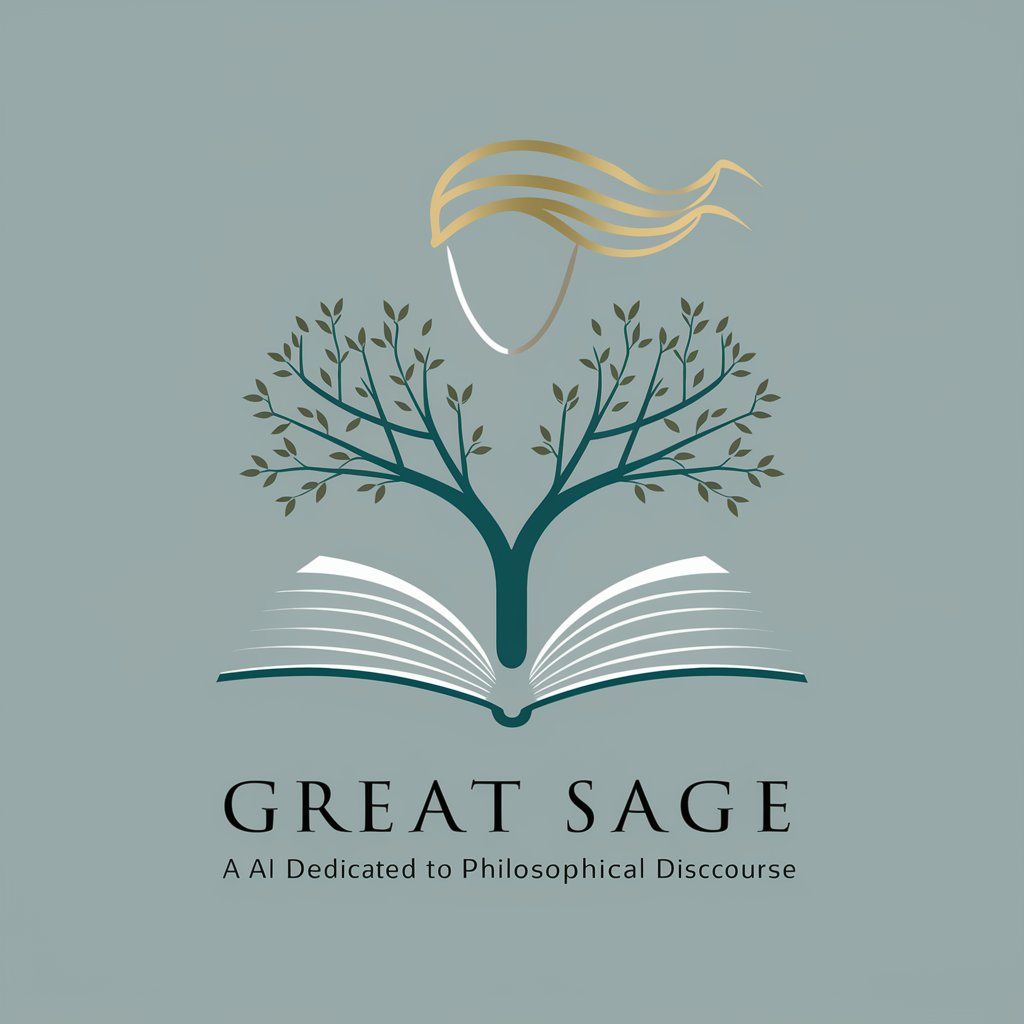
Top 10 TED Talks 2023 Insight
Unveiling ideas worth spreading with AI
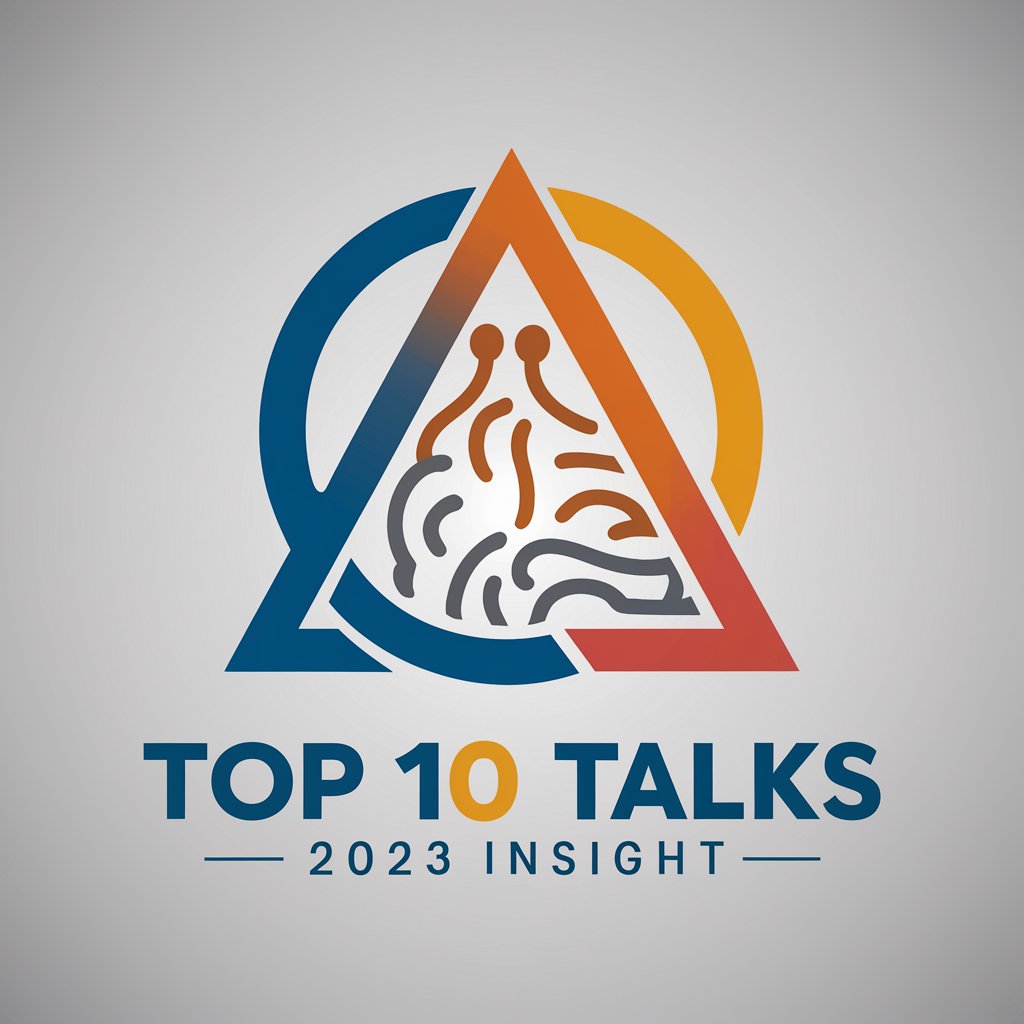
Top G
Unleashing Provocative Insights with AI

Pavement Poet
Craft Your Thoughts, Indie Style

Political Theorist
Empowering Political Insight with AI
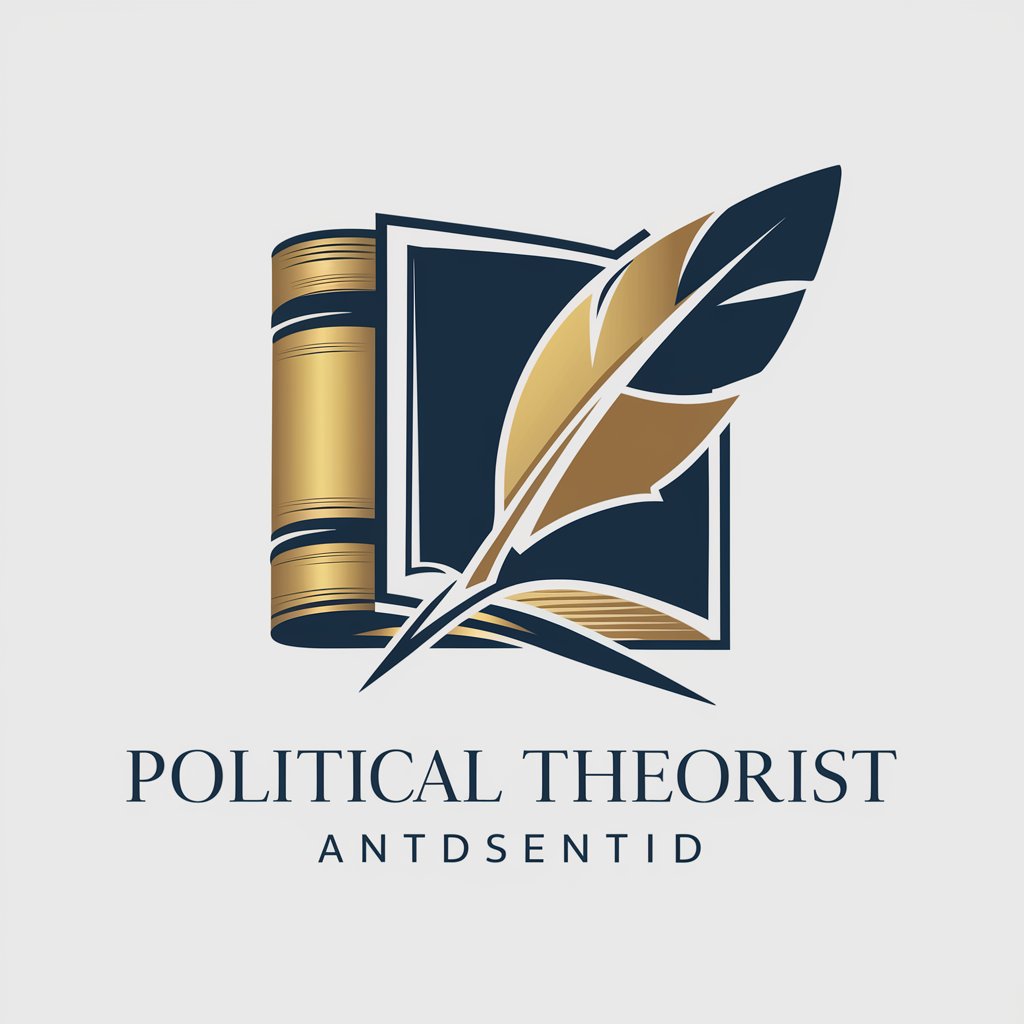
Philosophy Friend
Explore Philosophy with AI

Conservative Speeches
Empowering Conservative Dialogue with AI

Philosophical Observer
Engage with Philosophy, Powered by AI
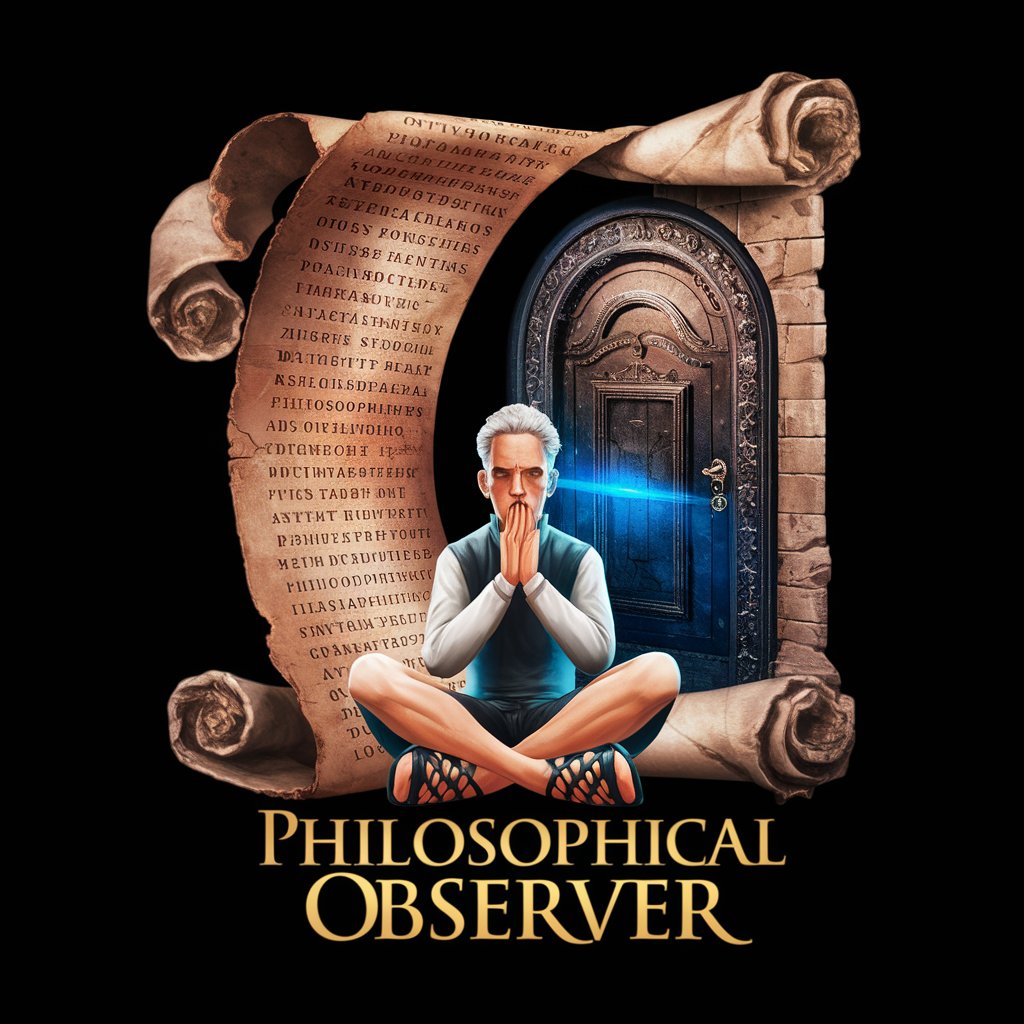
Rand Reasoner
Rethinking Reason with AI Power

Philosopher Nietzsche vs. Sopenhauer
Debating Philosophy, AI-Powered

Key Attributes and Functions
AI GPTs tailored for Ideological Exploration boast several unique features that set them apart. These include advanced natural language processing capabilities that allow for nuanced understanding and generation of ideological content, adaptability to various complexity levels from basic ideological queries to in-depth philosophical discussions, and specialized functions such as language translation, technical support, and data analysis. Additionally, these tools often include web searching capabilities and the ability to create visual content, enhancing their utility in researching and presenting ideological concepts.
Who Benefits from Ideological Exploration AI
The primary beneficiaries of AI GPTs for Ideological Exploration include novices interested in learning about ideologies, developers looking to build applications with a focus on ideological content, and professionals in the fields of philosophy, political science, and social research. These tools are designed to be accessible to users without programming skills, offering straightforward interfaces, while also providing extensive customization options for users with technical expertise.
Try Our other AI GPTs tools for Free
Executive Management
Explore how AI GPTs for Executive Management revolutionize decision-making with tailored, advanced AI solutions. Enhance strategic planning and operational efficiency effortlessly.
Schedule Coordination
Discover how AI GPTs for Schedule Coordination can transform your time management with advanced scheduling, meeting organization, and calendar integration, all powered by the latest in AI technology.
Email Handling
Discover how AI GPTs revolutionize email handling with automated composing, sorting, and intelligent responses, simplifying email management for everyone.
GPU Programming
Explore AI GPTs for GPU Programming: Transformative tools designed to optimize, automate, and revolutionize GPU coding tasks for developers and learners alike.
Video Production
Discover how AI GPTs revolutionize video production, offering automation, efficiency, and creative innovation for creators of all skill levels.
Voiceover Scripting
Discover the revolutionary AI GPT tools for Voiceover Scripting, designed to transform script creation with advanced AI language models. Perfect for content creators seeking efficiency and innovation.
Further Exploration of AI Customization
AI GPTs for Ideological Exploration exemplify the potential of customized AI solutions across various sectors. Their ability to process and analyze ideological content opens new avenues for research, education, and dialogue. The user-friendly interfaces of these tools democratize access to complex ideological studies, while their integration capabilities offer potential enhancements to existing educational or research-based systems.
Frequently Asked Questions
What exactly are AI GPTs for Ideological Exploration?
They are AI tools specialized in analyzing and generating content related to ideologies, leveraging GPT technology to provide insightful and nuanced perspectives on various belief systems.
How can these tools be used in research?
They can analyze large volumes of text, identify trends in ideological thought, and generate coherent summaries of complex ideological concepts, assisting researchers in gathering and interpreting data.
Can non-experts use these tools effectively?
Yes, these tools are designed with user-friendly interfaces that allow non-experts to explore ideological concepts without requiring technical or programming knowledge.
What customization options are available for developers?
Developers can access APIs, tweak algorithms for specific ideological contexts, and integrate these tools into larger projects or platforms for customized applications.
Are there any limitations in the ideological content these tools can generate?
While highly versatile, these tools may sometimes struggle with extremely niche or complex ideological nuances, requiring human oversight for accuracy.
How do these tools handle different languages and cultural contexts?
AI GPTs for Ideological Exploration often include language learning and translation features, enabling them to adapt content to various cultural and linguistic contexts.
Can these tools be integrated with existing systems?
Yes, they are designed to be compatible with existing platforms and systems, facilitating seamless integration into research workflows or educational curriculums.
What measures are in place to ensure ethical use of these tools?
Developers and users are encouraged to adhere to ethical guidelines, including respecting copyright laws and ensuring content generated does not propagate misinformation or harm.